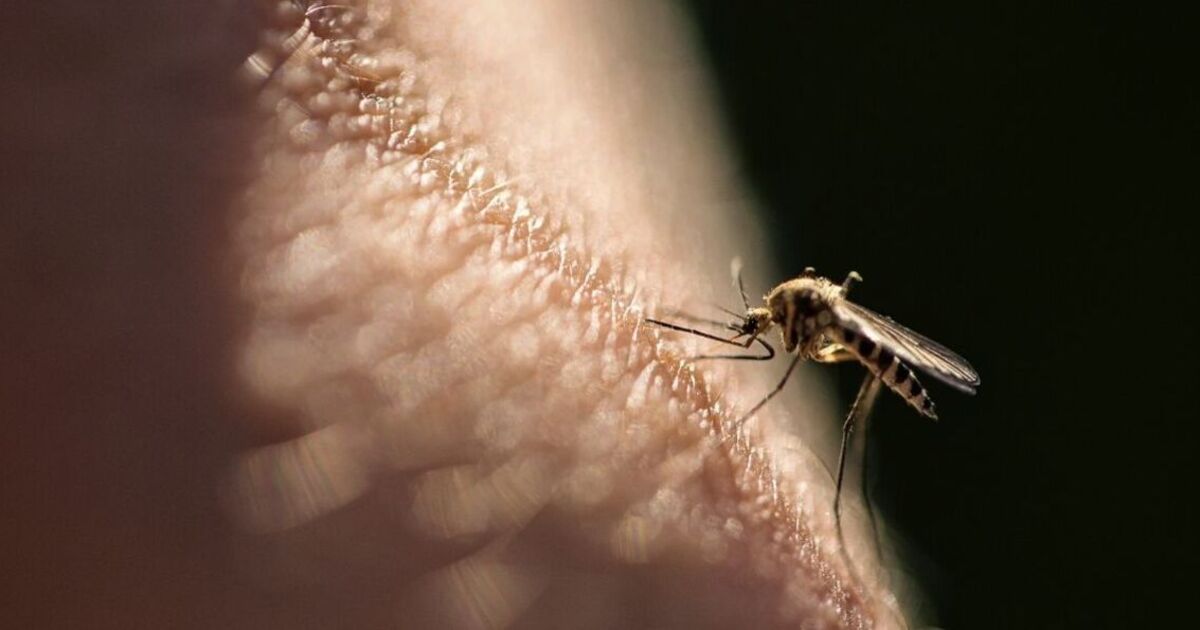A warning has been issued to holidaymakers travelling to some of the most popular holiday hotspots as travellers are returning to the UK with nasty diseases, says the UK Health Security Agency.
Figures show illnesses such as dengue fever (also known as breakbone fever) and malaria caused by mosquito bites have been confirmed in individuals in the UK who had recently travelled abroad. In severe cases, these illnesses can cause death.
In 2023, 634 dengue cases were reported in returning travellers across England, Wales and Northern Ireland, aligning closely with those in 2019, during the pre-pandemic period, when 790 cases were reported.
Last year, most reported cases of dengue were acquired in Southern Asia and South-Eastern Asia, particularly India. There has also been an increase in cases acquired in Central America and the Caribbean.
As reported in Gloucestershire Live, The World Health Organisation (WHO) reported a significant rise in global dengue cases in 2013 which resulted in over five mission cases and 5,000 deaths worldwide.
With regards to malaria, around 1,637 cases were confirmed in England alone from January to October 2023.
The WHO reports that in 2022 global malaria cases were estimated at 249 million, surpassing pre-pandemic levels by 16 million compared to 2019.
The Zika virus is also an emerging virus that is spread by mosquitos, so far, only eight cases were reported in England in 2023, but cases once peaked in 2016 with 725 being reported, reflecting the Zika outbreak in America that year.
Symptoms of mosquito-borne infections include a high temperature, severe headache, pain behind the eyes, pain in muscles, joint and abdomen pain, loss of appetite, nausea and sickness.
The UK Government website has issued travel advice on how to avoid mosquito bites with measures you can take including netting, repellents, and covering up.
It’s important for travellers to ensure routine childhood vaccinations are up to date, stock up on necessary medications, and get valid travel insurance for entire trips.
Travellers should speak to a GP, nurse or pharmacist, four to six weeks before they head abroad to get information about travel vaccines and malaria prevention tablets if relevant to their destination of choice.
Dr Philip Veal, consultant in public health at the UK Health Security Agency said: “”As travel has increased following the lifting of travel restrictions during the pandemic, so have serious mosquito-borne infections.”
He advised: “Prevent mosquito bites by using insect repellent, covering exposed skin and sleeping under a treated bed net…. Even if you have visited or lived in a country before, you will not have the same protection against infections as local people and are still at risk.”








